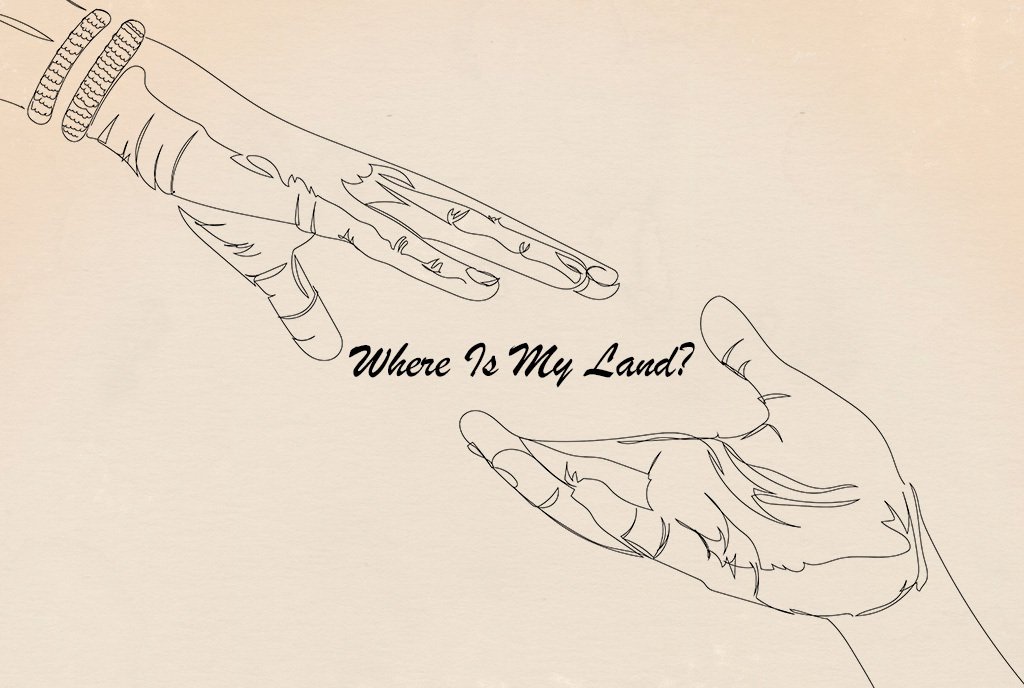
April 27, 2017; Orange County Register
There is nothing new about politicians steering donations from special interests not to their campaign accounts, which are subject to strict limits but to their favorite charities. It’s a time-tested and well-known way for donors to curry favor with elected officials who often control their fate, with philanthropic intent being secondary. And, if you are a nonprofit taken under the wing of a powerful politician, why would you complain, especially given the challenges of traditional fundraising? Many of the charities benefiting from such “behests” earned them by cultivating and nurturing their relationships with elected officials through years of hard work doing advocacy and education.
“Since 2011, California public officials have steered more than $74.5 million of other people’s money to their favorite causes and charities, often donated by business and other entities hoping to influence elected leaders, demonstrate their stellar citizenship to the masses, or perhaps a bit of both,” says an article in the Orange County (California) Register.
State and local laws set caps on campaign contributions to politicians, but there’s no limit on payments to politicians’ pet projects. Critics say it’s another way to “curry official favor,” but electeds and their beneficiaries say they’re only “using the power of their bully pulpits to make the world a better place.” The truth probably lies somewhere in between.
The Register reports on information from the California Fair Political Practices Commission that ten politicians facilitated gifts worth over $1 million each since 2011. Most of the big rainmakers were from the San Francisco Bay Area, Los Angeles and San Diego:
- Democratic Gov. Jerry Brown was number one on the list, reporting behests to charities of more than $22 million. Most of it went to two charter schools he founded in Oakland, where he served as mayor from 1999 to 2007.
- Assemblyman Brian Maienschein, a Republican from San Diego, shepherded $12.7 million in government grants and tax credits to various for-profit and nonprofit businesses.
- Assemblyman Rob Bonta, an Alameda Democrat, tallied up $5.5 million in behests to a variety of environmental and literacy groups.
- State Schools Superintendent Tom Torlakson (Independent), saw the majority of his behests of $2.9 million going to educational nonprofits.
- Former California Attorney General and current Democratic U.S. Senator Kamala Harris had $1.85 million in behests.
- State Senator Holly Mitchell, D-Los Angeles, had $1.5 million, the bulk for the California Legislative Black Caucus Policy Institute.
- Former Assembly Speaker John Perez, D-Los Angeles, shepherded $1.3 million, split between the State Legislative Leaders Foundation and some local charities.
- Assemblyman Reginald Byron Jones-Sawyer, D-Los Angeles, $1 million.
- Assemblywoman Lorena Gonzalez Fletcher, D-San Diego, $1 million, mostly for the Maritime Museum of San Diego.
Suburban legislators, many from more conservative communities in Orange, San Bernardino, and Riverside Counties, raised much less for their pet programs and projects, most of it less than six figures, and some just a few thousand dollars each. It’s unclear why this is the case, although one explanation may be that there are fewer large charities based outside of big cities, and that community-based nonprofits play a smaller role in local politics.
The $22 million brought in by Gov. Brown came from hundreds of donors, ranging from show business celebrities to traditional business interests in retail, finance, manufacturing, and consulting services. The Register reports that about one-third of total behests came as grants and tax credits given to private entities by various state government agencies, but the article goes on to say that “the overwhelming majority came from private givers, some who may have business pending in one state office or another.”
Sign up for our free newsletters
Subscribe to NPQ's newsletters to have our top stories delivered directly to your inbox.
By signing up, you agree to our privacy policy and terms of use, and to receive messages from NPQ and our partners.
The biggest private donors were Akin Gump Strauss Hauer & Feld, a law firm; telecommunications giant AT&T; and the Barona Band Mission Indians, which owns a casino in San Diego. All gave in excess of $1 million each.
The governor’s office defended the behests: “These donations represent an opportunity for foundations, businesses, and individuals to invest in their communities and help [people] succeed,” his spokesman told the paper.
Assemblywoman Gonzalez Fletcher agreed with that rationale: “I am proud to do everything in my power to help every worthy non-profit that asks me for help. Clearly, since I am only number nine, I have more work to do.”
The donors view their activity as a legitimate philanthropic activity, and not necessarily a political contribution. But others disagree.
“Bottom line—this is another way to ‘win friends and influence people,’ to borrow a line from the title of Dale Carnegie’s famous book,” Mark Petracca, political science professor at UC Irvine, told the Register. “In a sense, these funds are being ‘laundered’ through elected officials, to the benefit of the elected officials in so far as their ‘generosity’ can be praised, celebrated…and of course, advertised.”
Fred Smoller, a political science professor at Chapman University, said behests are a legal way to dodge campaign finance laws: “Clearly, it’s an effort to ingratiate themselves with the elected, and the elected’s effort to increase his or her political footprint.
In the past, there have been unsuccessful efforts to limit such behests. In the meantime, while good government advocates decry the practice, some very deserving charities and communities with strong political ties are reaping the benefits of the system.—Larry Kaplan












